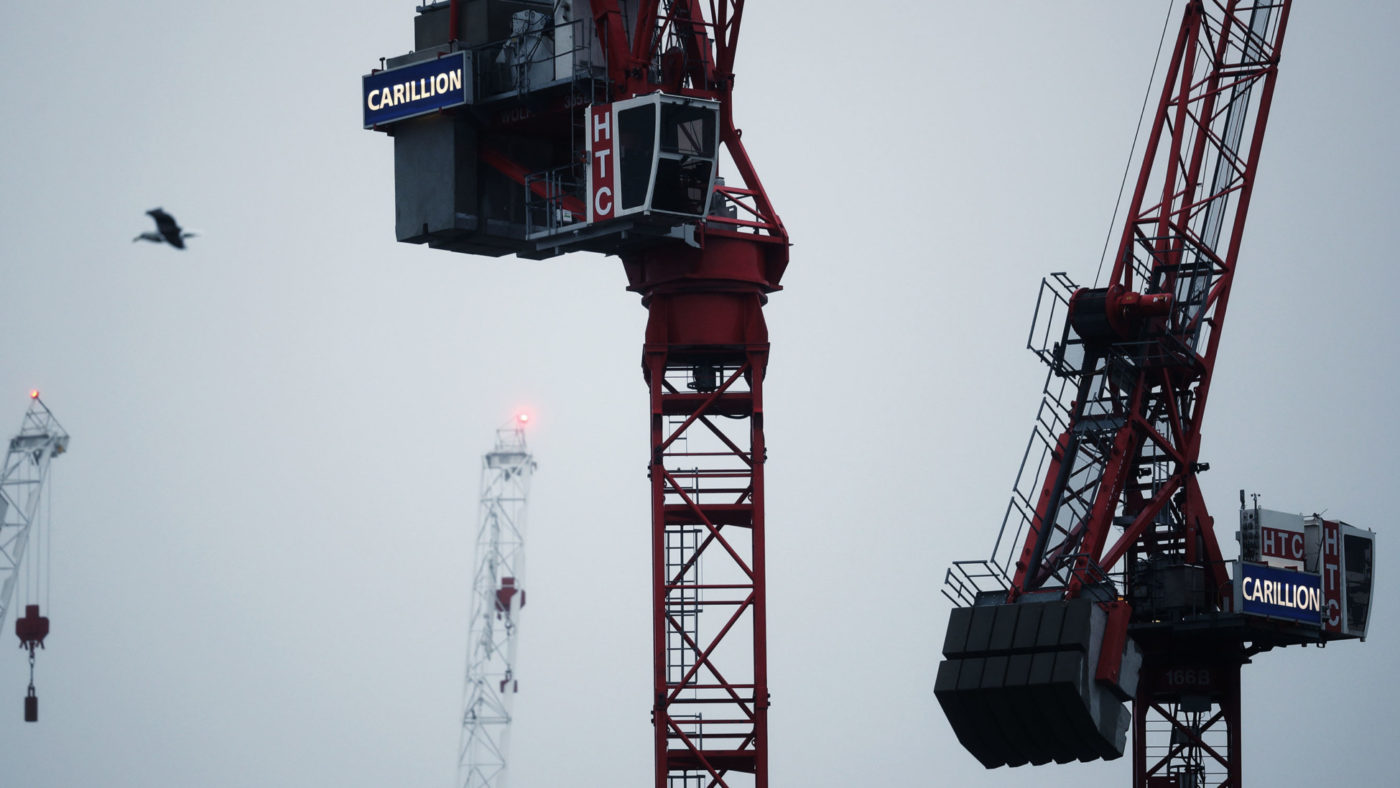This morning, Carillion announced that it has gone into liquidation. The usual suspects are wailing about how the fate of one of the UK government’s biggest contractors demonstrates the folly of privatisation and outsourcing. The truth is rather less catastrophic for the British taxpayer than they would have you believe. After all, the losses suffered by the firm are, by definition, profits that we have made.
Think it through for a moment. The company has been providing goods and services to us taxpayers. The government has been paying for them. There has been a loss. That is, the costs of providing those goods and services were higher than the revenues received for having provided them. We taxpayers have been paying less than the value of what we’ve been paying for – that’s a profit to us.
This is true of other such collapses of outsourcing companies as well. Four Seasons Health Care, the care company that went bust last year, received the vast majority of its revenue from the taxpayer. Its bankruptcy is evidence that the payments to the company weren’t covering the costs. So, we were paying less for the care of the elderly than it cost to provide such care.
The rising cost of delivering such care caused by an increase in the national living wage – as well as changes to who it applies to and how it is calculated – is a worry across the care sector. The rise in the national living wage, the varied changes in who it applies to and how (such as overnight stays) mean that the cost of providing the service have risen. The amounts that local authorities are paying haven’t. And so losses are inevitable.
The fact that the taxpayer is getting such a good deal is not necessarily something to be celebrated. If providers of services to government continually go bust then we’re going to swiftly run out of people willing to provide those services. But the point is that critics of outsourcing cannot have it both ways: firms like Carillion cannot be overpaid leeches surviving on the largesse of the state and insolvent basket cases. Carillion is proof that we weren’t paying the costs of the services we received.
Complicating the Carillion picture slightly is the pension funds deficit. But as with so many such deficits across the economy this is a result of government action. Something that all too few grasp is that low interest rates make them worse. It’s entirely true that bond and other asset prices have risen as a result of QE – that, after all, is one of the reasons for doing it. But the capital requirements to pay the future pension income rise faster than those asset prices. Thus, as interest rates fall the capital required in a pension funds rises. As they rise again at some point in the indeterminate future then those deficits will fall again. Asset prices will, all other things remaining the same, fall but the funding requirements for future pensions will fall further.
While we don’t want suppliers like Carillion failing, some disruption is inevitable. And that is the underlying point that goes to the heart of how the private sector – and capitalism in general – works. Those who earn profits when things go well are the ones who take the losses when they don’t. And so we needn’t shed tears over those losses.
More importantly in the political debate, we should note that the losses to investors are gains to us taxpayers. For they only exist because we’ve not been paying those suppliers the full costs of what they’ve been providing us with. And so the fact that some outsourcing companies go bust isn’t proof that the process doesn’t work, and should be stopped. Rather it is a reminder of how much such a system benefits the taxpayer.


